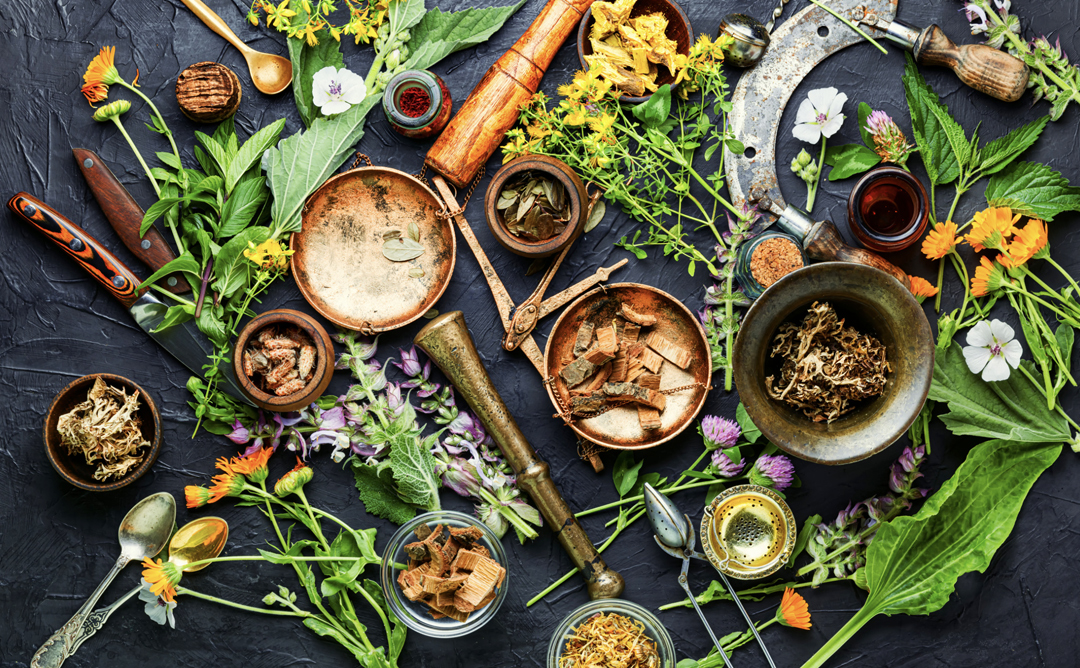
Exploring the Rich Heritage of Native American Healing

Exploring the Rich Heritage of Native American Healing.
Native American cultures have a profound connection to the land and its resources, and this connection extends to their use of medicinal herbs. For generations, Indigenous communities have harnessed the healing power of herbs and plants, offering natural remedies for various ailments. In this blog, we’ll explore the rich tapestry of medicinal herbs used by Native Americans, their traditional healing practices, and the enduring wisdom that these practices continue to impart to the world.
Native American medicine is grounded in a holistic approach to health. It emphasizes the interconnectedness of the physical, mental, emotional, and spiritual aspects of life. Medicinal herbs play a crucial role in this holistic perspective, promoting balance and well-being.
-
Sage: Sage is one of the most well-known herbs in Native American cultures. It is used for smudging ceremonies to cleanse and purify the body, mind, and spirit. Sage has antimicrobial properties and is believed to clear negative energies.
-
Echinacea: Echinacea, commonly known as purple coneflower, is valued for its immune-boosting properties. Native Americans used it to treat infections and various illnesses.
-
Chamomile: Chamomile is prized for its soothing and calming qualities. It was used to alleviate digestive issues, ease anxiety, and promote relaxation.
-
Yarrow: Yarrow is known for its antiseptic and anti-inflammatory properties. It was used to dress wounds and injuries, helping to reduce pain and prevent infection.
-
Willow Bark: Willow bark contains natural pain-relieving compounds, which made it a valuable remedy for headaches and general aches and pains.
-
Mullein: Mullein leaves were used by Native Americans to address respiratory issues, such as coughs and bronchitis, due to their expectorant properties.
Medicinal herbs are not only practical remedies but also hold deep cultural and spiritual significance in Native American communities. They are often incorporated into rituals, ceremonies, and healing practices, reinforcing the profound connection between humans and the natural world.
Disclaimer: We are an affiliate of many companies, which means that we may receive a commission if you click on our affiliate link and make a purchase. However, this does not affect our reviews and comparisons. We strive to provide honest opinions and recommendations based on our own experiences and research. Any product claim, statistic, quote, or other representation about a product or service should be verified with the manufacturer, provider, or party in question.
